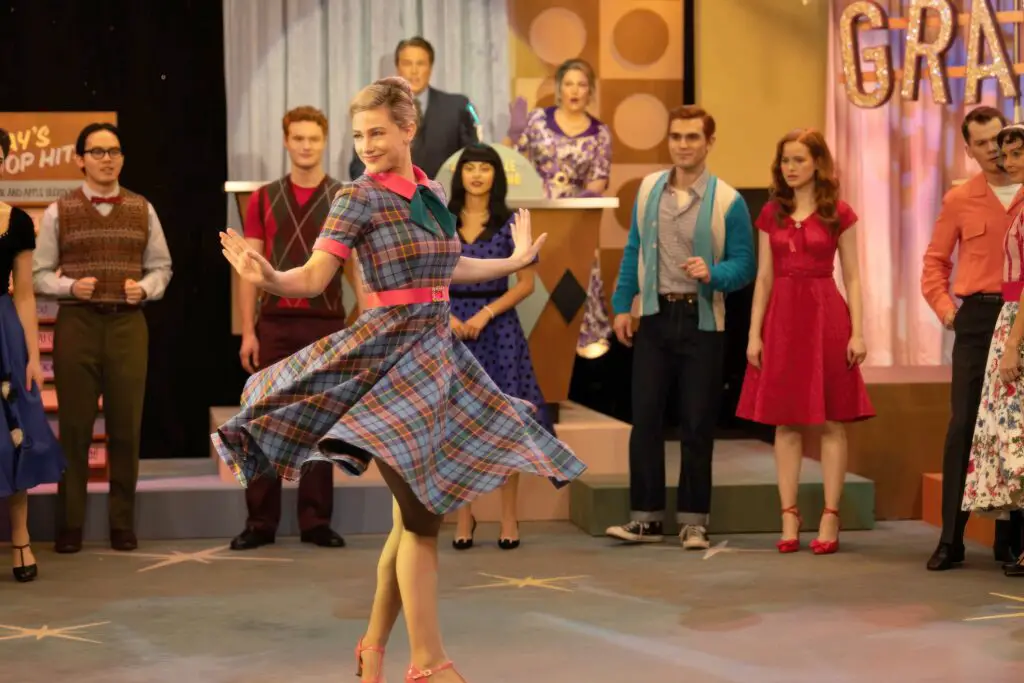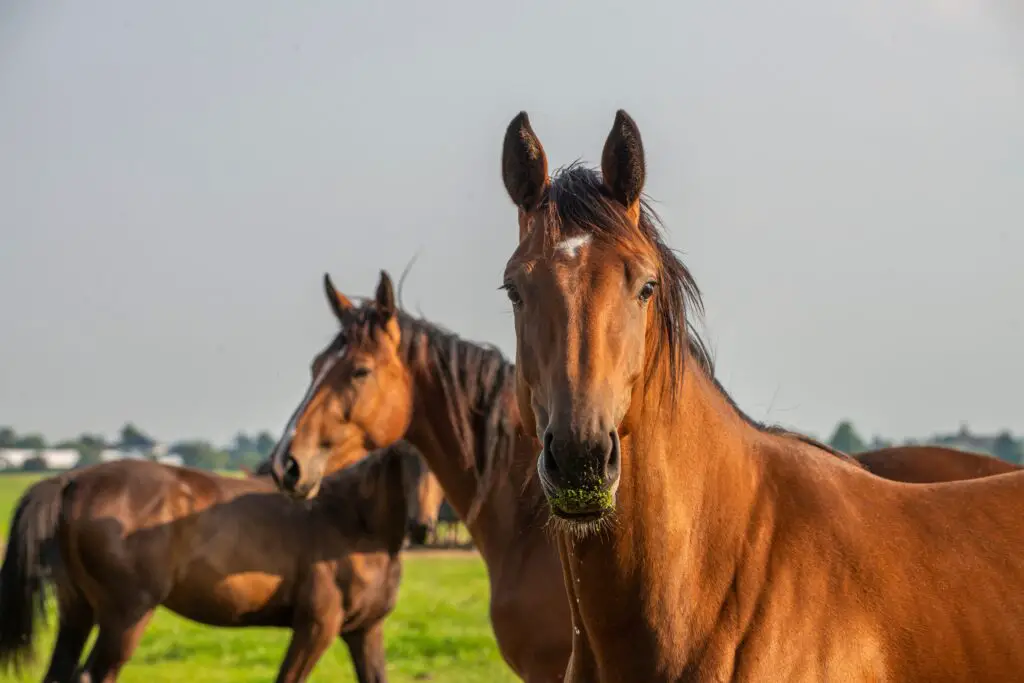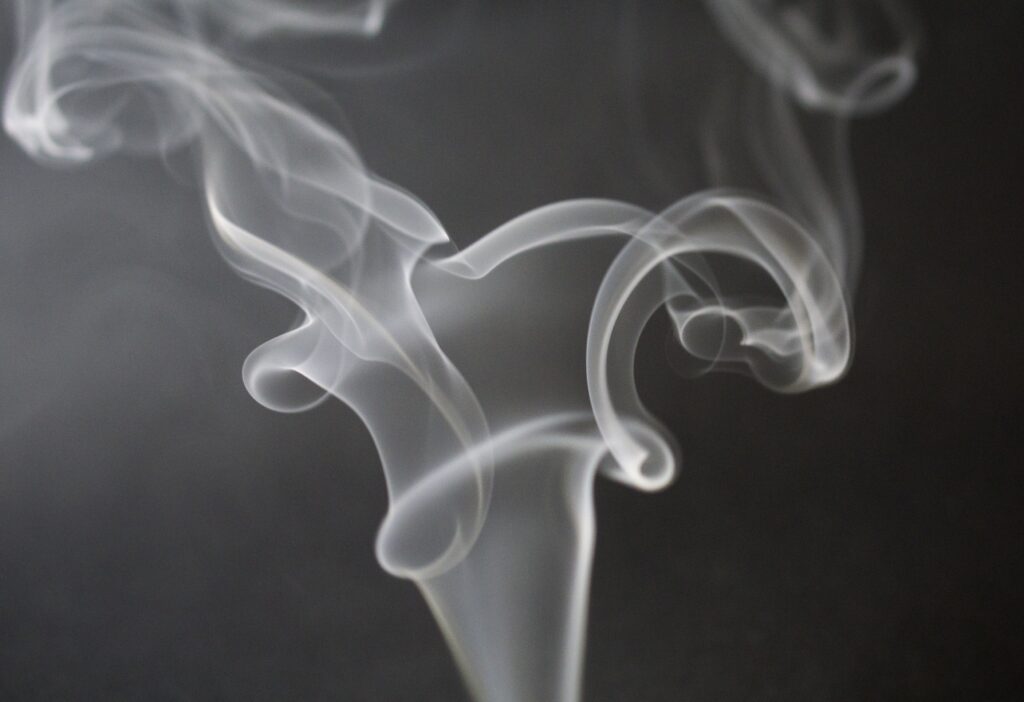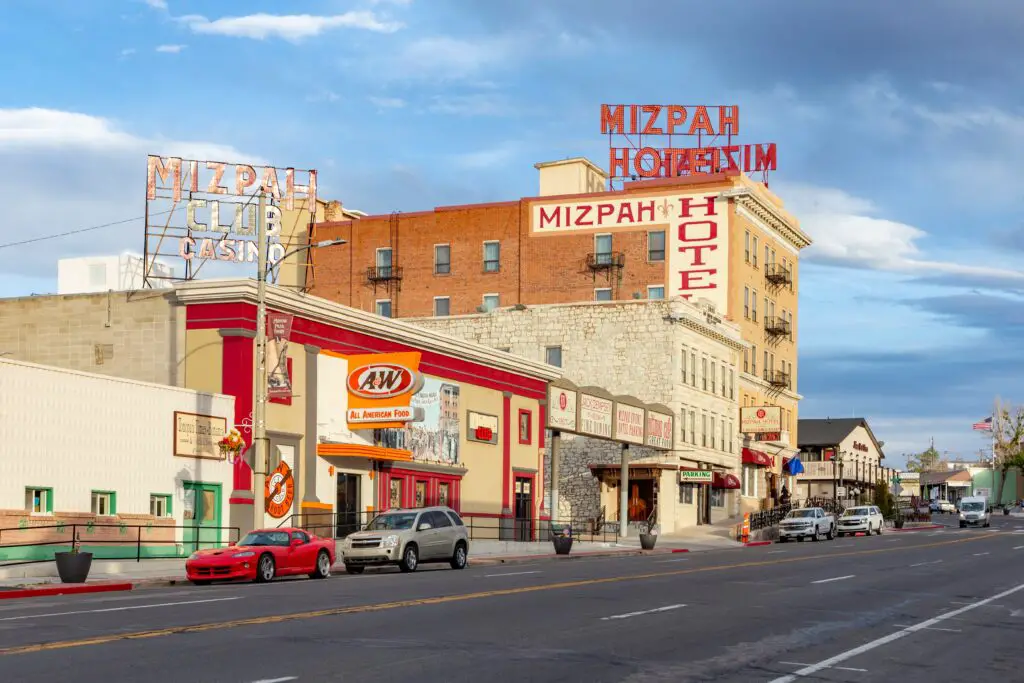1. No Ice Cream on Sundays in Georgia

In Georgia, it used to be illegal to sell ice cream on Sundays. This strange law, which was in place for several decades, was based on the state’s “blue laws,” which prohibited certain activities on Sundays to promote a day of rest. The reasoning behind banning ice cream was tied to the belief that indulgence on Sundays was inappropriate. For a while, local stores had to get creative to skirt the law, often serving ice cream under the guise of “frozen custard” or other terms that didn’t technically violate the law.
But despite these workarounds, the ban was strictly enforced. It wasn’t until the mid-1980s that Georgia finally repealed the law. Today, ice cream lovers can enjoy a cone on Sundays without worrying about a run-in with the law, though the quirkiness of this law remains a piece of Georgia’s colorful history.
2. No Dancing in Massachusetts Without a Permit

In Massachusetts, there was once a law that required anyone wishing to dance in public to obtain a permit. This odd regulation came about in the 19th century, a time when moral standards were rigid, and the authorities were keen on controlling social activities. The law was part of a broader effort to regulate public behavior and maintain a “proper” societal image.
The permit process was anything but straightforward, often requiring a lengthy approval process. As you can imagine, it was a source of frustration for partygoers and event planners. The law was eventually relaxed, and today Massachusetts no longer requires a dance permit. Still, the law serves as a reminder of how controlling some laws were in the past when it came to public entertainment.
3. You Can’t Ride an Unattended Horse in California

This bizarre law in California once prohibited riding a horse unless it was attended by someone. It was originally put in place to ensure that horses weren’t left to roam freely or potentially cause accidents. While it’s not something most people would think about today, there was a time when this regulation was taken seriously.
This law may sound strange in the modern age, but it was actually enforced for many years. Thankfully, it was eventually repealed, as it was more of a safety measure from a bygone era. Today, you’re free to ride your horse solo—no need for an accompanying adult.
4. No Spitting in Public in New York City

New York City once had a law that made it illegal to spit in public. This may sound like a harmless habit to some, but in the late 19th and early 20th centuries, health concerns about diseases like tuberculosis led to strict laws governing cleanliness. Spitting, which could spread germs, was deemed a public health risk, leading to this law’s enforcement.
Police officers would patrol the streets, handing out fines to anyone caught spitting in public. The law was gradually relaxed as medical knowledge improved, and New Yorkers found other ways to manage public hygiene. Today, while the law is no longer enforced, it remains a quirky relic of the city’s efforts to protect public health.
5. No “Fake Mustaches” in Alabama

In Alabama, there was a bizarre law on the books that prohibited wearing “fake mustaches” in public. The law, which originated in the early 20th century, was designed to prevent people from using fake facial hair to impersonate others, specifically for the purpose of “deceiving” or mocking public figures. The enforcement of this law was rare but still happened.
As you can imagine, this law had more to do with controlling public decorum and appearance than anything else. It seems particularly odd today, especially when you consider the rise of playful mustache-related fashion trends. The law was eventually repealed, but it’s still one of those strange legal remnants that make you wonder about the past’s priorities.
6. No Hunting on Sundays in Connecticut

In Connecticut, it was once illegal to hunt on Sundays, thanks to the state’s “blue laws” that aimed to keep Sundays a day of rest. These laws, which were common in many New England states, were designed to limit work and recreation on Sundays to encourage religious observance. Hunting, considered a form of labor or recreation, was specifically banned to ensure that people spent their Sundays in contemplation and worship.
This law was enforced for many years, with violators facing hefty fines or even jail time. As times changed, these laws became increasingly outdated, and the hunting ban on Sundays was finally lifted in the 19th century. However, it still serves as a reminder of how deeply religious values once influenced legal codes in the U.S.
7. No Singing in the Bath in Pennsylvania

One of the strangest laws in Pennsylvania was the ban on singing in the bath. This law, originating in the 19th century, was designed to discourage certain behaviors considered improper at the time. Bathing was already a somewhat controversial activity in some communities, and the idea of adding singing to the mix was seen as overly indulgent or disruptive.
Though it’s hard to imagine a law like this being enforced today, it was serious business at the time. The law was never widely enforced but was still technically on the books for quite a while. Today, people can sing their hearts out in the shower without fear of legal reprisal—thankfully, this odd regulation is long gone.
8. No Smoking in the Capitol in Tennessee

It’s hard to believe that smoking was once so pervasive that it was allowed everywhere—even in state capitals. In Tennessee, however, a law existed that banned smoking in the state Capitol building. This was part of an effort to reduce the dangers of secondhand smoke and create a cleaner, healthier environment for state workers and visitors.
The law was implemented during a time when smoking was seen as a public health issue, and there were growing concerns about the health effects of secondhand smoke. Over the years, many more smoking bans were enacted in public places, including government buildings. Today, Tennessee’s ban stands as a testament to the state’s commitment to protecting public health.
9. No Rolling Your Own Cigarettes in New York

In New York, it was once illegal to roll your own cigarettes. The law was passed in the 19th century and was meant to prevent people from circumventing taxes on commercial cigarettes. By outlawing the practice of rolling your own, the state hoped to protect its tax revenue from tobacco sales.
The law was surprisingly enforced in some areas, and smokers found themselves penalized for doing something that seems totally legal today. With changing times and shifting laws on tobacco, the practice of rolling your own cigarettes is now fully legal in New York, with no need to worry about fines.
10. No U-Turns in Florida

A law in Florida once prohibited making U-turns under almost any circumstance, an attempt to regulate driving behavior and keep traffic moving smoothly. This strange law was rooted in the state’s early traffic regulations, which aimed to keep roads safer and more orderly. U-turns, seen as dangerous and disruptive to traffic flow, were banned to prevent accidents and confusion.
While this law was largely unenforced by the late 20th century, it stayed on the books for much longer than one might expect. Eventually, as driving habits changed and road safety improved, the law was repealed. Today, drivers in Florida can make a U-turn, provided it’s done legally and safely.
11. No Gambling in the State of Utah

Utah once had some of the strictest anti-gambling laws in the country. In fact, it was illegal to gamble in any form in Utah, a state that adhered strongly to its religious values. This law was backed by the Mormon Church, which has a significant presence in the state, and the community felt that gambling was a moral hazard.
Though gambling is illegal in Utah today, the law was actually enforced with great seriousness for many years. Utah’s strict stance on gambling remained in place well into the 20th century. In recent years, there have been efforts to loosen these restrictions, but for now, the state’s anti-gambling laws remain among the strictest in the nation.
12. No Drinking Alcohol in Public in Alaska

Alaska once had a law that made it illegal to drink alcohol in public spaces—this was in an attempt to combat public drunkenness and maintain order. The law was especially enforced in urban areas where alcohol-related disturbances were common. While many states had similar laws in the past, Alaska’s law was more rigid and saw frequent enforcement.
This law was particularly challenging for tourists and locals alike who wished to enjoy a drink in a social setting outdoors. Eventually, the law was relaxed in the late 20th century, allowing Alaskans to drink in designated public areas. Today, you can enjoy a beverage outdoors in certain areas, though the law’s once-strict enforcement still feels like a distant memory.
13. No Eating in the Streets of Hartford, Connecticut

For a period, Hartford, Connecticut, had a law that banned eating in the streets. The regulation was part of the city’s attempt to prevent public messes and maintain order. Eating in the streets was seen as a public nuisance, especially in busy urban areas where cleanliness was a top priority.
Though it may seem odd to imagine a law that stops people from eating in public, it was enforced with fines for those caught violating it. As urbanization progressed and street food became popular, the law was eventually repealed. Now, you can enjoy a meal in the streets of Hartford without fearing a fine.
14. No Whistling in Public in North Carolina

In North Carolina, whistling in public used to be illegal after dark. The reasoning behind this bizarre law stemmed from the fear that whistling at night would attract unwanted attention or even danger. It was believed that whistling could either provoke negative reactions or lead to mischief, so the law was established to curb public disturbances.
The law wasn’t widely enforced, but it was on the books for years, particularly in rural areas where law enforcement could easily catch offenders. Over time, as the culture evolved and this concern faded, the law was dropped. You can now whistle all you want in North Carolina, no matter the time of day or night.
15. No Wearing High Heels in California

California once had a law that prohibited wearing high heels in certain public spaces, especially in places like theme parks. This law was implemented to ensure the safety of patrons, as high heels were deemed a potential hazard in crowded spaces or on rides. The idea was that high heels could cause injuries in fast-moving attractions or cause people to trip in tight areas.
While this law may seem like an overreach today, it was seriously enforced for a time. Thankfully, the law was eventually repealed as safety standards improved and people’s footwear choices became less regulated. Today, high heels are common, even in amusement parks, and the memory of this unusual law lives on in California’s quirky legal history.
